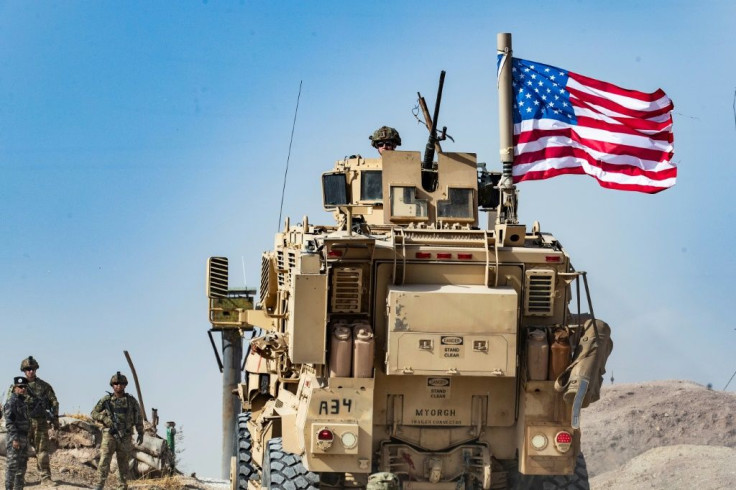South Koreans Worried As Trump 'Abandons' Kurds, Post-WW2 Asia Alliance Feels The Tremors

Opinions will vary widely as to if President Donald Trump’s decision to withdraw U.S. forces from Syria is an “abandonment” of Kurdish fighters in Syria or is a move to “set things straight” with the Turks. The situation has South Koreans worried that Trump might make a similar move in their country, where nearly 30,000 U.S. troops are stationed, leaving them vulnerable to attacks from North Korea.
Critics of Trump and the anti-Trump press will report that he has left the Kurds open to an onslaught by Turkey after the Kurdish Fighters helped the U.S. battle ISIS terrorists in Syria suffering over 10,000 casualties in the process.
The lesser told story is that the U.S. - Kurd alliance was a consequence of what has been called the biggest blunder of former President Barack Obama’s administration: trying to reach a strategic “nuclear deal” accommodation with Iran. The Turks pleaded with Obama not to align with their sworn enemy, but their pleas were largely ignored because Obama did not want to alienate Iran and Russia, its largest backer.
South Korea’s concerns were explained in a recent editorial in the Chosun Ilbo, South Korea’s largest newspaper. The editorial linked Trump’s actions with his intentions toward South Korea commenting, “The Kurds mobilized 150,000 troops to fight against Islamic State for the U.S. and more than 10,000 of its soldiers died. The reward for its sacrifice was President Trump’s betrayal. The main reason for the betrayal was money.”
It is true that Trump has railed against U.S. allies for not paying their fair share for their own defense and on several occasions has threatened to withdraw troops from South Korea. Trump’s point is exemplified with NATO (North Atlantic Treaty Organization) formed in 1949 where Americans pay the bulk (estimated at about 75 percent) of NATO’s military spending while other countries shirk on their agreed payments.
The U.S. has no problems footing the entire defense bill for poor and developing countries, but South Korea is now the world’s 12th largest economy and from the U.S. perspective should pay more for its own defenses.
Harry Harris, the U.S. ambassador to South Korea, was asked in an interview published in South Korea’s Dong-A Ilbo newspaper Monday whether U.S. allies should be worried about Trump’s decision on the Kurds. He said there is "no need to worry" and that the United States' mutual defense agreement with countries such as South Korea is "ironclad."
Park Won-gon, an international relations professor at South Korea’s Handong Global University, pointed out some obvious reasons why Trump will not handle South Korea the same as the Kurds. He said, “South Korea is a nation-state and the Kurds are not. The alliance between countries cannot be the same as the alliance between a country and an ethnic group.”
Another obvious reason why Trump and the U.S. will not “abandon” South Korea is that aside from any threat from North Korea, the U.S. troops are a very effective “counterweight” against China.
© Copyright IBTimes 2025. All rights reserved.





















